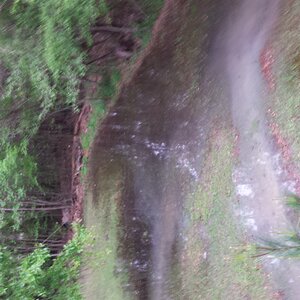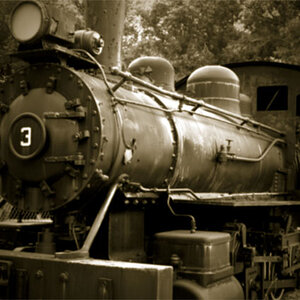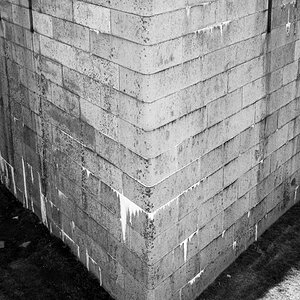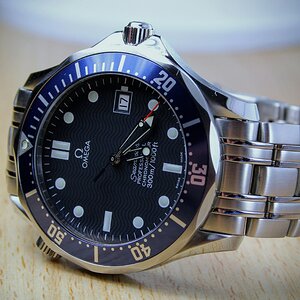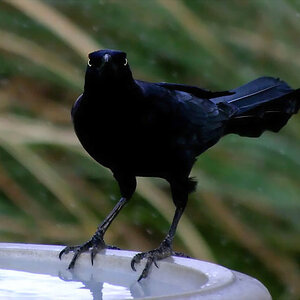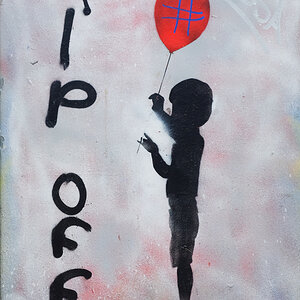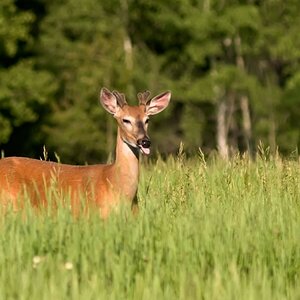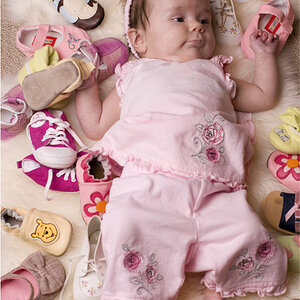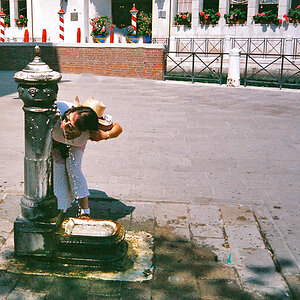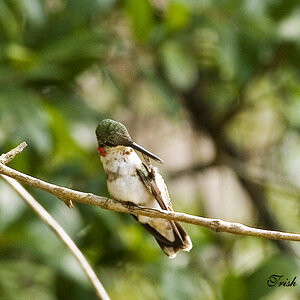Jeff Colburn
TPF Noob!
- Joined
- Aug 6, 2007
- Messages
- 300
- Reaction score
- 0
- Location
- Sedona, AZ
- Website
- www.thecreativescorner.com
- Can others edit my Photos
- Photos NOT OK to edit
One of the problems with digital photography is that there are no consequences for being a sloppy photographer, or just bad. You can shoot hundreds of images, and delete them all, and it doesnt cost you a penny. Theres no monetary incentive to improve.
I went digital two years ago, but for the 33 years before that, I shot film and I believe that is one of the factors that made me a better photographer. When it costs $20 to buy and process a 36-exposure roll of slide film, you learn how to take good photographs because its just too expensive to keep shooting bad images that you cant use.
If I went out and shot five rolls of film one afternoon, that was $100 out of my pocket. No matter how good or bad my images, it was still $100. That kind of expense really motivates a photographer to shoot the best images he can. I know it certainly motivated me.
To improve, I took classes, read photography books and magazines, analyzed every image I liked to see what attracted me to it. I learned all the rules, and how to break them. I did whatever I could to improve my craft, and it worked.
But how can you do this with digital when it costs no more to take 1,000 images than it does to take one? Its simple, you add a cost to shooting. The next time you want to go out and shoot, do this:
If you want to read the rest of my article, go to my blog at http://www.TheCreativesCorner.com
Have Fun,
Jeff
I went digital two years ago, but for the 33 years before that, I shot film and I believe that is one of the factors that made me a better photographer. When it costs $20 to buy and process a 36-exposure roll of slide film, you learn how to take good photographs because its just too expensive to keep shooting bad images that you cant use.
If I went out and shot five rolls of film one afternoon, that was $100 out of my pocket. No matter how good or bad my images, it was still $100. That kind of expense really motivates a photographer to shoot the best images he can. I know it certainly motivated me.
To improve, I took classes, read photography books and magazines, analyzed every image I liked to see what attracted me to it. I learned all the rules, and how to break them. I did whatever I could to improve my craft, and it worked.
But how can you do this with digital when it costs no more to take 1,000 images than it does to take one? Its simple, you add a cost to shooting. The next time you want to go out and shoot, do this:
If you want to read the rest of my article, go to my blog at http://www.TheCreativesCorner.com
Have Fun,
Jeff



